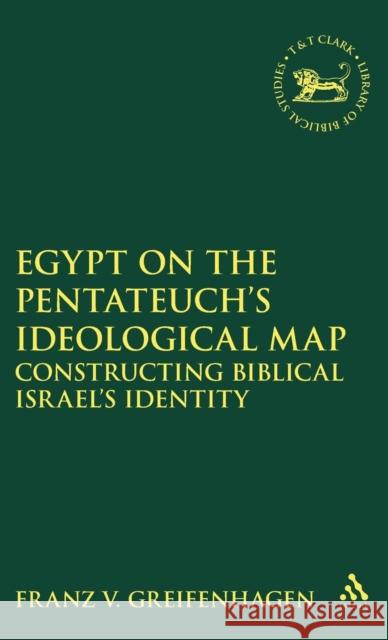Egypt on the Pentateuch's Ideological Map » książka
Egypt on the Pentateuch's Ideological Map
ISBN-13: 9780826462114 / Angielski / Twarda / 2003 / 348 str.
This book explores the references to Egypt in the Pentateuch--twice as dense as in the rest of the Hebrew Bible--in the context of the production of the text's final form during the Persian period. Here, as Greifenhagen shows, Egypt functions ideologically as the primary "other" over against which Israel's identity is constructed, while its role in Israel's formation appears as subsidiary and as a superseded stage in a master narrative which locates Israel's ethnic roots in Mesopotamia. But the presentation of this powerful neighbour is equivocal: a dominant anti-Egyptian stance coexists with alternative, though subordinate, pro-Egyptian views, suggesting that the Pentateuchal narrative was produced within a context of ideological conflict over attitudes towards a land that provided a home for Jewish fugitives and emigrants.











